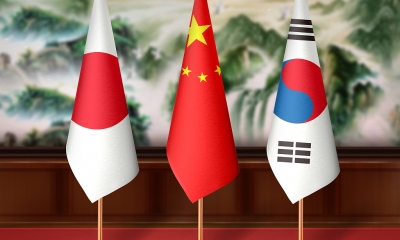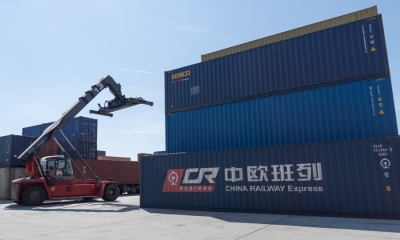The Fatal Boat Incident: A Reminder of Hypocrisy
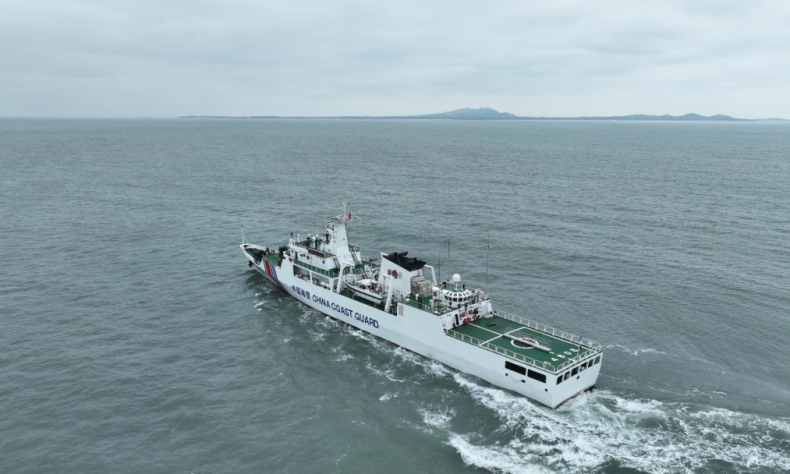
Let us also not forget that the West continues to publicly endorse the one-China principle, although its actions far too often break the principle.
As all Chinese across the world celebrated the Chinese New Year, a tragic incident happened in waters near Kinmen which is under control of Taiwan authorities.
On February 14, a fishing boat from Fujian Province was treated brutally by Taiwan authorities in waters near Kinmen, leading to all four people on board falling into the sea — with two of them perishing.
The deaths of the two Chinese fishermen after a pursuit by a coast patrol ship of Taiwan authorities have drawn international media attention. The White House, which prides itself on being a champion of human rights to all, has said nothing about the tragedy. It appears that no other Western government has issued a statement either, which is ironic considering how quickly those governments criticize China whenever they claim to see even the most minor breach of human rights by that country.
Then again, there might be another way to look at this crisis: The U.S. and the West ought to let Chinese mainland and Taiwan region settle it. After all, this is an internal issue involving the mainland and an island which is part of China.
The fishermen drowned after their boat capsized. Four men were in the vessel and were being chased by a patrol ship of Taiwan authorities near the Kinmen archipelago when the accident took place. Taiwan officials claim “the pursuit was necessary because the fishermen had trespassed, refused to have their vessel inspected and then tried to flee.”
The two men who were rescued have returned to Chinese mainland, and they are telling a much different story. They assert that their boat was intentionally struck by the Taiwan authorities ship, an act that caused the vessel to capsize.
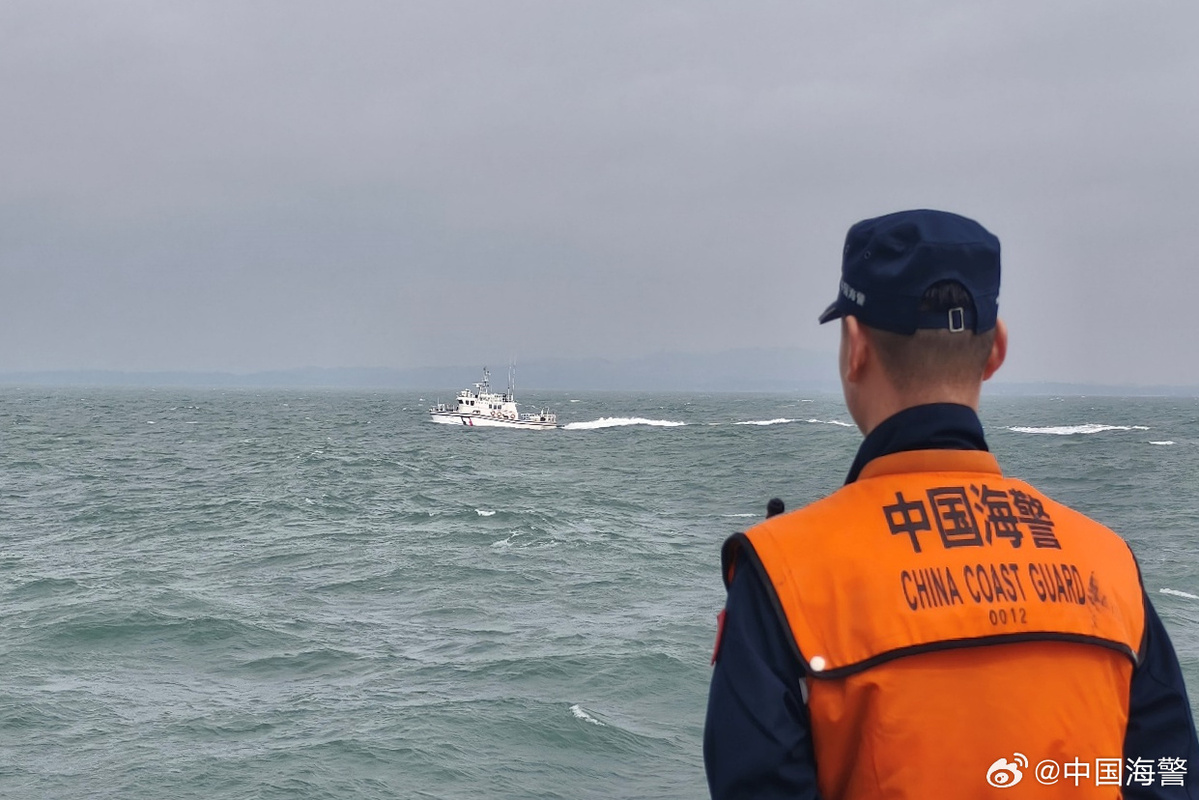
Chinese officials correctly noted that “such a malicious event during the Spring Festival seriously hurts the feelings of compatriots on both sides of the Taiwan Strait.”
Zhu Fenglian, spokesperson for the Taiwan Affairs Office of the State Council of China, on February 14 strongly condemned the brutal acts by Taiwan authorities to the mainland fishermen. Zhu reminded the Taiwan authorities to respect the fact that there are common fishing areas for both fishermen across the Taiwan Strait. Taiwan authorities should ensure the life safety of mainland fishermen and prevent such incidents from happening again, Zhu added.
Actually, fishermen from Taiwan region sometimes also go fishing in waters near mainland. And the mainland always offers them help or guides them to leave.
For those unaware of the geography of this area, Kinmen sits roughly three kilometers from the Chinese mainland and approximately 185 kilometers from Taiwan island. Yet, Kinmen has been under control of Taiwan authorities since the Kuomintang regime moved from the Chinese mainland to Taiwan Island in 1949. Let us also not forget that the West continues to publicly endorse the one-China principle, although its actions far too often break the principle.
There are intriguing questions about what took place near Kinmen. Here is just one: Was it not possible for the Taiwan authorities to simply escort the fishermen off the waters near Kinmen? Photos released by Taiwan authorities appeared to show a significant number of patrol boats and orange-clad personnel surrounding the mainland boat. Therefore, critical questions should be asked as to how the Taiwan authorities sought to diffuse the situation. The Taiwan narrative, which does not appear to be questioned in Western media reporting, is that the Chinese mainland fishermen immediately sought to escape; however, if they did, there is no clarity as to which direction they went. And if such attempts at any point placed them off the waters, then what does that say about the tragedy?
Important questions need answers, and the U.S. and the West ought to not engage in either overt or covert actions to influence what those answers turn out to be. But can they resist?
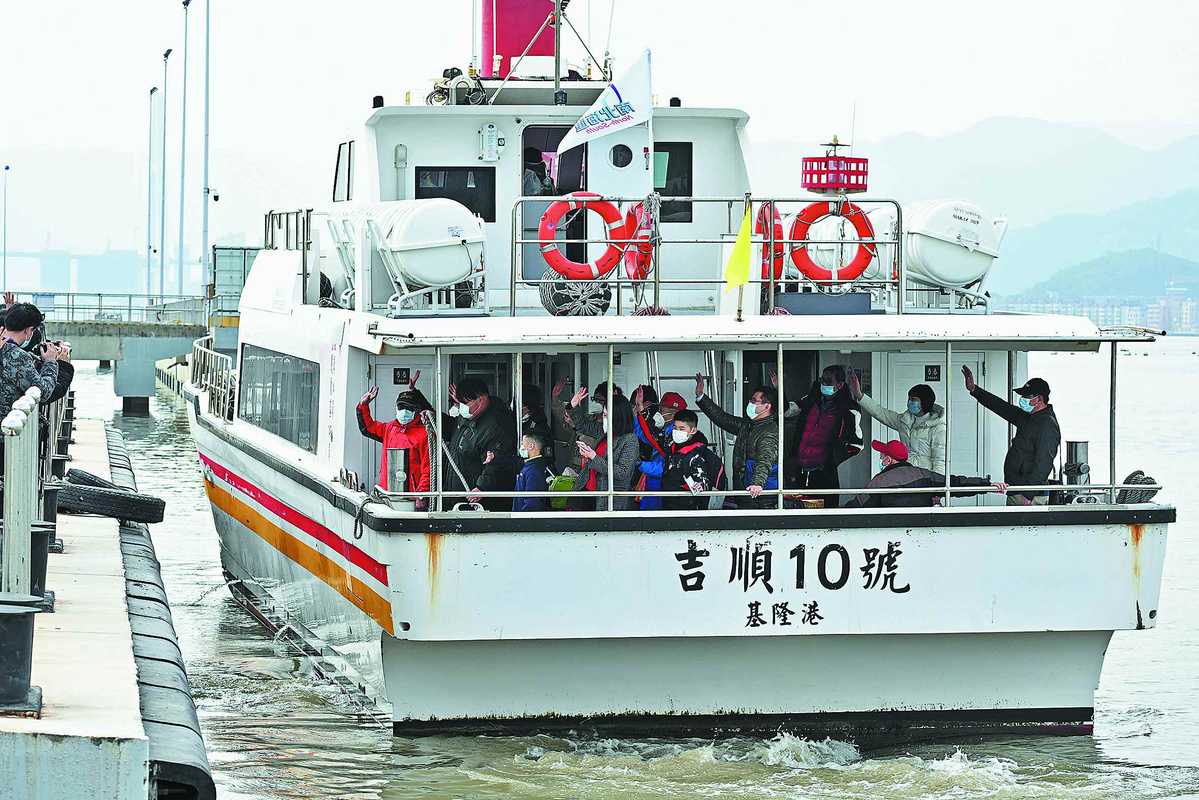
The West’s recent eagerness to inject itself into China’s domestic affairs has been well documented. The Western narrative about what did (or did not) happen in Xinjiang is repeated week after week in mainstream media reporting. Sanctions against, or the outright blacklisting of, multiple Chinese companies have been regularly announced, all with the intent of undermining China’s development. The detention of a top Huawei executive, Meng Wanzhou, by Canada for nearly three years was carried out undoubtedly to scare the company’s executives.
One example designed to show strength — the decision by Washington to boycott the 2022 Beijing Winter Olympics by preventing government officials and diplomats from attending any of the events — turned out to be an outright failure; the Games went on without a hitch, and in the end no casual or serious fan of the Olympics cared that the White House tried to thumb its nose at the Chinese nation.
Perhaps the most egregious example took place almost three years ago, when Secretary of State Antony Blinken used his first meeting with his Chinese counterparts to accuse China of attempting to undermine the global order, which Blinken did not want to admit was created by the U.S. and its allies and for their own benefit.
In short, and to borrow a cliche, the West likes to throw its weight around all across the globe. Those leaders would be wise to pause such aggressive acts in this situation; no U.S. or Western vital interests are at stake as the investigation continues.
A final thought: For anyone reading this who is thinking ‘whatever happened near Kinmen was dreadful, but it really is not that big a deal,’ please remember that with the tensions as high as they are in the Taiwan Strait, any action could spark a larger crisis. Taiwan authorities should be wise to carefully consider what it would do to deal with the mainland fishing boats in the future.
The article reflects the author’s opinions, and not necessarily the views of China Focus.
 Facebook
Facebook
 Twitter
Twitter
 Linkedin
Linkedin
 Google +
Google +






